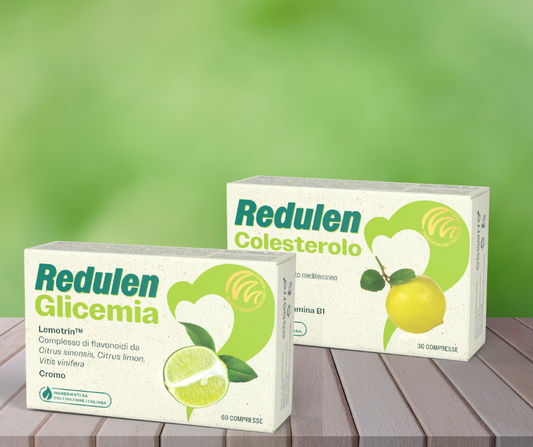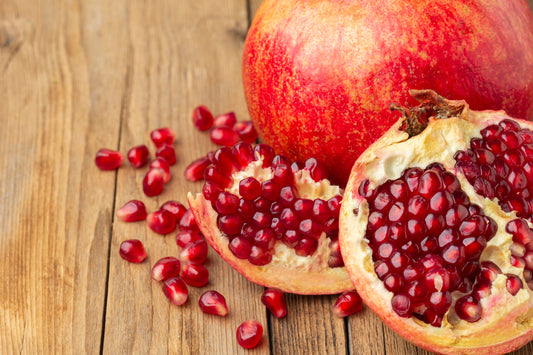What is Sports Performance ?
Sports performance is the ability of an individual to perform physical activities as effectively and efficiently as possible. This includes not only physical skills and abilities such as strength, speed and endurance , but also technical, tactical and psychological skills . Performance is therefore the final result of various interconnected factors such as physical preparation, technique, tactics, psychological state and nutrition.
Mental preparation
The mind plays a crucial role in sports performance. Proper mental preparation can improve concentration, keep motivation high , manage performance anxiety and increase resilience. Techniques such as visualization, mindfulness and setting specific goals are essential to develop a strong sports mentality and recharge enthusiasm and energy.
Training
Physical preparation is essential to develop the skills required in the specific sport. This includes training and development of strength, speed, agility and endurance . Personalized and periodized training programs are crucial to maximize performance and prevent injuries.
Nutritional support
Nutrition plays a vital role to optimize the sports performance . Adequate nutrient intake not only supports physical activity but also contributes to muscle recovery and energy management. The diet should be balanced and personalized based on specific energy needs and the type of sport practiced.
FACTORS THAT AFFECT SPORTS PERFORMANCE
Physical conditions : These include the genetics of the subject and therefore the structural and functional requirements of an individual, his general health condition and the possible presence of injuries.
Psychological aspects : motivation , self - confidence , stress and pressure management, fear of failure can profoundly influence performance sports.
Environmental conditions : extreme temperatures, humidity, Altitude ( competing at high altitude reduces oxygen availability, which can decrease endurance and strength) , wind, poor lighting and noise all affect both the athlete's physical and mental capabilities.
Technical and tactical support : Access to quality coaching and performance analysis contribute significantly to sporting success .
TIPS TO INCREASE SPORTS PERFORMANCE
Improving sports performance is an ongoing process that requires dedication, discipline and a holistic approach that integrates body, mind and nutrition .
Increase aerobic capacity : Aerobic capacity refers to an athlete's ability to sustain a workout at its maximum intensity for a certain amount of time. Aerobic training is therefore essential for almost all sports and improves the athlete's ability to perform at high levels and for longer.
Improve strength and physical condition : a regular and consistent training program , which takes into account various factors such as progressive overload (gradually increase the intensity and volume of exercises) and variety, is essential to increase muscle strength, coordination, flexibility and endurance.
Optimize your diet : a personalized nutrition plan that supports your specific goals is crucial. Nutrition , even for athletes , must be varied, adequate, balanced. in the intake of carbohydrates, fats and proteins, in the optimal intake of fiber (fruits, vegetables, whole foods) and vitamins, minerals and antioxidants. Meals must be distributed throughout the day to avoid a major digestive effort with overly abundant meals. Each meal must be adjusted to the intensity and timing of the workout. Hydration is essential to optimize performance, especially before, during and after workouts.
Set realistic goals : It is important to set SMART goals , that is, specific : goals should be specific and clear; measurable : a goal must be quantifiable to allow athletes to monitor progress; achievable : goals must be achievable and tailored to the athlete's abilities as overly ambitious goals can lead to frustration and demotivation; relevant: goals must be relevant to the type of sport and the athlete's individual aspirations to ensure that energy and time are invested in improvements that truly matter ; time-bound : a defined deadline creates a sense of urgency and helps to plan appropriately.
Active recovery : Integrate rest periods and active recovery techniques into your routine , such as stretching and muscle relaxation to improve flexibility and reduce muscle stiffness; massage to improve blood circulation and reduce inflammation; compression garments; low-intensity activity and adequate night's sleep to regenerate the body, improve concentration and promote well-being .
Mental training : use techniques that work on the psychological dimension to manage energy, self- confidence , emotionality , actively monitoring thoughts that can often be an obstacle to performance. It is also important to improve concentration and motivation , focusing on the goal; develop self-esteem and self-efficacy skills, positive self- reflective thinking and use relaxation techniques (mindfulness and meditation) and breathing .



